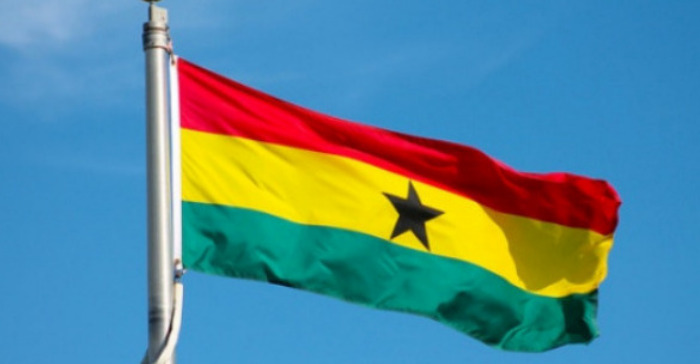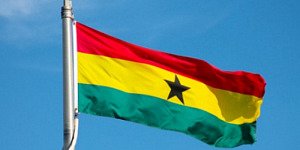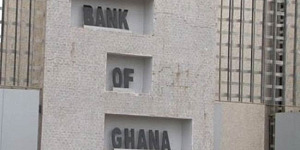Ghana’s inflation rate continued its downward trend, falling to 12.1% in July 2025, down from 13.7% in June, according to the latest figures released by the Ghana Statistical Service (GSS).
This represents the seventh consecutive month of declining inflation and the lowest rate recorded since October 2021.
It also reflects a 1.6 percentage point drop from June and a substantial 11.7-point decline from the peak of 23.8% in December 2024.
Month-on-Month (MoM) inflation between June and July stood at 0.7%, indicating that while the pace of price increases is slowing, prices are still rising.
Notably, this marks one of the most significant month-on-month improvements in food price stability in recent years, offering some relief to consumers who have long grappled with high food costs.
The headline inflation rate comprises both food and non-food components.
For instance, food inflation eased to 15.1% in July, down from 16.3% in June, but still remains the largest contributor, accounting for more than half of the total 12.1% rate, according to the GSS.
On a monthly basis, food prices increased by 0.6%.
Meanwhile, non-food inflation, which includes housing, transport, healthcare, and education, fell more sharply to 9.5% in July down from 11.4% in June 2025.
The sector contributed approximately 45% to the headline rate and indicates a faster pace of disinflation in this category.
However, non-food prices also rose by 0.7% on a Month-on-Month basis.






































